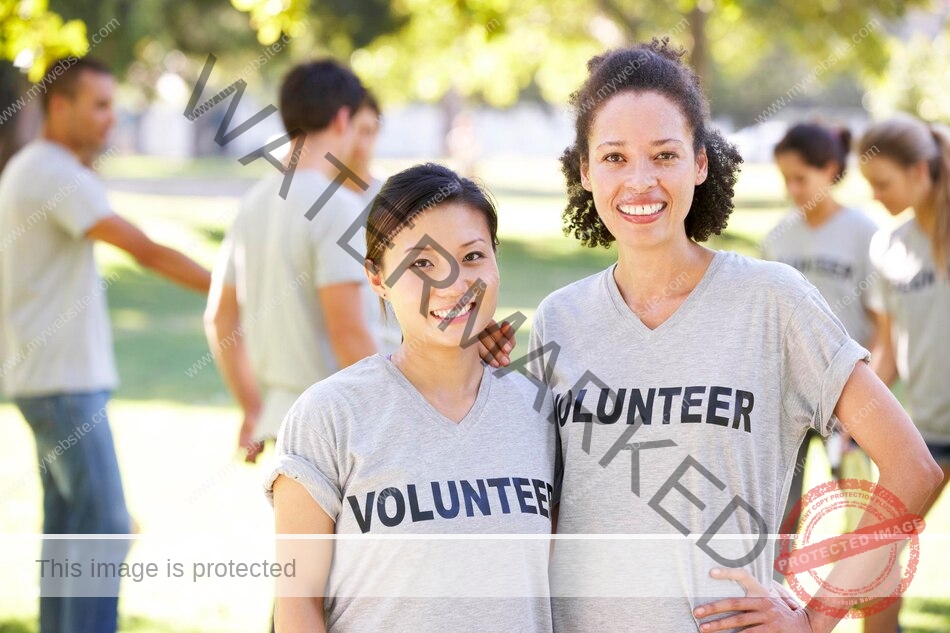Get insights into student perspectives on organizing charity events at Harvard University, highlighting the challenges, successes, and motivations behind these initiatives. Also, discover student perspectives on philanthropy and student-led events at Harvard university.
At Harvard University, students view charity events as one of their most rewarding pursuits. Such events provide opportunities for students to improve their leadership, organizational and community-oriented skills while carrying out social good. Charity events offer a platform for students to give back to local and global communities. As well as advocate for meaningful causes, and learn through hands-on experience. They accomplish this through collaborations with Harvard’s network and various student-led organizations.
Recommended article: Harvard University’s Impact on Social Change: Charity Events You Should Know About
Harvard’s Support for Student-Led Initiatives
Harvard encourages students to do public service and nonprofit work especially through groups like the Phillips Brooks House Association (PBHA). PBHA is the hub of Harvard’s service activities, supporting over 80 programs addressing community needs in areas. These areas may include youth development, health services and homelessness. These programs not only develop student leadership but also create strong partnerships between students and local organizations. Thus, strengthening Harvard and its surrounding communities.
Harvard also provides resources for students to start their own charity projects. Students can get grants, spaces and logistical support from the Dean of Students Office and SOCO (Student Organization Center at Hilles). They provides guidance on event planning and finances for student organizations. The university’s emphasis on social responsibility has led to many students creating their own charity events. It ranges from local fundraisers to big awareness campaigns. Also, read more to learn about organizing charity and student-led events at Harvard.
See also: How Harvard University’s Annual Charity Run Supports Global Causes
Planning and Challenges
While the idea of hosting a charity event is fun, students often run into logistical hurdles. First and foremost, funding is key and can be the biggest challenge. Many student-led charity events rely on donations and small grants as social initiatives are competitive for funding. Harvard has grants through departments and funds, such as the Harvard Allston Partnership Fund. This grant funds neighborhood improvement and educational programs. However, these grants require students to have a clear purpose and project plan. Hence, students should refine their proposals and think through their event goals.
Students also have to balance time between academics and event organizing. Harvard’s academic environment is demanding. Thus, leaving little room for extra commitments, so students need to develop good time management skills. Many students learn to balance responsibilities by involving peers with different skills. They can also learn to balance by delegating tasks which builds teamwork and teaches the importance of planning together.
Another challenge is navigating event policies especially for charity events on campus. The Dean of Students Office requires student organizations to follow policies related to finances, safety and event management. For example, events with food, fundraising or public speakers may require additional approvals. Despite these administrative steps, students agree that the university’s policies make for a safer and more organized experience for everyone involved. Want to know about Organizing charity and student-led events at Harvard? Read this article.
See also: Ways to Support Harvard University’s Charity Events as an Alumnus
Types of Charity Events
Harvard students bring creative ideas to their charity events and the results are awesome. Bake sales, talent shows and sporting events that raise money and are fun are common. For example, charity runs and walkathons on the Charles River or around campus are a great way to raise money for health research or educational access for under served communities.
Another big event that involves most students across the campus is Harvard’s “Global Day of Service”. Here, students spend a day serving in different parts of the city. The event allows students to work together with the community. Whether it be in beautification, in serving meals or in mentoring different people. Such events not only support local causes, such as problems, but also strengthen the ties between the student bodies and the local communities.
Student run organizations also host cultural events to raise money for causes that affect their communities. Events hosted by ethnic or cultural student associations often feature traditional music. As well as dance and food and are a great space for cultural exchange. These events have supported causes such as disaster relief in their home countries, scholarships for underrepresented students and mental health awareness programs. By highlighting diverse cultural and social issues these events help the broader Harvard community understand global perspectives. Also, learn about Organizing charity and student-led events at Harvard by reading this article.
See also: Harvard’s Charity Galas: Raising Awareness and Funds for Important Causes
The Impact of Community Partnerships
Student charity organizers at Harvard often partner with local nonprofits. This is a collaboration that brings expertise and credibility to their efforts. For instance, organizations such as Food for Free coordinate with student volunteers from Harvard to alleviate food deficiency in families in Cambridge. They do so by rescuing excess food at restaurants and supermarkets and distributing it to families in need. Students acquire a lot of practical skills in the course of working with these organizations. So, the organizations have access to many volunteer students from the Harvard University.
Also, these partnerships enable students to form mentors who teach them how to implement and maintain their charity initiatives. Mentors often provide mentorship to students on issues ranging from fundraising to program evaluation. Some leaders from nonprofits include the Big Sister Association of Greater Boston, who collaborate with Harvard through grants. This mentorship has seen student organizers use the events only for a single day to create a lasting change. As well as achieve a much bigger shift by creating more impact on the community. Furthermore, discover Student perspectives on charity and philanthropy at Harvard University by reading this article.
See also: Sustainable Philanthropy at Harvard University: Environmental Charity Efforts
Lessons Learned from Charity Event Planning
Engaging in charity events at Harvard opens students’ minds to skills that they would not have learnt in the classroom. This includes organization of people, and resources such as venue, and planning issues such as budgeting. Many students emphasize how it is crucial to be able to deal with changes. This is because things will go off the plan. It could be a specific venue which has to get changed, or some funds that weren’t acquired in the end. In support of this, they believe that out of these experiences, they learn to be resourceful and creative. This is a useful trait to have in the future.
Moreover, charity events develop compassion and empathy as students associate themselves with the course of the event. It could also be a need that they feel is important. Students come to be able to appreciate other people’s angles and take up a responsible stance over issues. They ds so by interacting with marginalized communities or advocating for marginalized causes. Want to learn about Student perspectives on charity and philanthropy at Harvard University? Read this article.
See also: How Harvard Clubs Around the World Organize Charity and Community Events
Why Charity Events Matter
For most Harvard students, putting together charity events has been the most enjoyable experience in college. Charity work, students say, offers them the possibility of combining what they learn in class with what is happening in the society. As well as putting theory into practice. One student who worked with Y2Y Harvard Squared, a shelter for homeless youth made a comment. He said that their work began when they encountered young homeless people. Besides, they learned through Y2Y students not only about managing shelters but also about how to implement measures aimed at combating homelessness problem in the first place.
A student who organized a fundraising concert for raising awareness about mental health said it helped him combine his passion for music with a noble course. Such experiences make students think outside the box about how to use their skills. As well as interests in practical ways to make a difference. Learn the Student perspectives on charity and philanthropy at Harvard University by reading this article.
See also: Impactful Charity Projects Led by Harvard University Alumni
The Future of Charity Events at Harvard
With an increase in charitable events among the students of Harvard, the future of these occasions as predicted by the students is bright. Many of them are beginning to appreciate social impact work and wish to continue looking for opportunities on how to best leverage resources at Harvard to scale their projects. Students are venturing into careers in the non-profit and public service areas and organizing charity occasions is a good starting point for that.
Many students would like to see considerable changes where it concerns the charity events which are organized by Harvard. For instance, they would like to see more funding issues and less red tape surround the approval of such events. This is because it would encourage more students to be involved. This makes it clear that as more students do such events, the magnitude which they could have both locally and globally increases with it.
Conclusion
Harvard charity events become locally and globally impactful, bridging gaps between the students and outside world. They carry the challenge, the learning process, the impact of the event. As students make more engaging and interesting charity events, they develop themselves in college and presenting new objectives of Harvard’s social and civic activities. Students of Harvard demonstrate that charity works and community service are components of a complete education through their activities.
See also: https://news.harvard.edu/gazette/story/2016/02/the-student-perspective/

